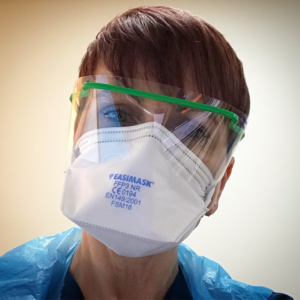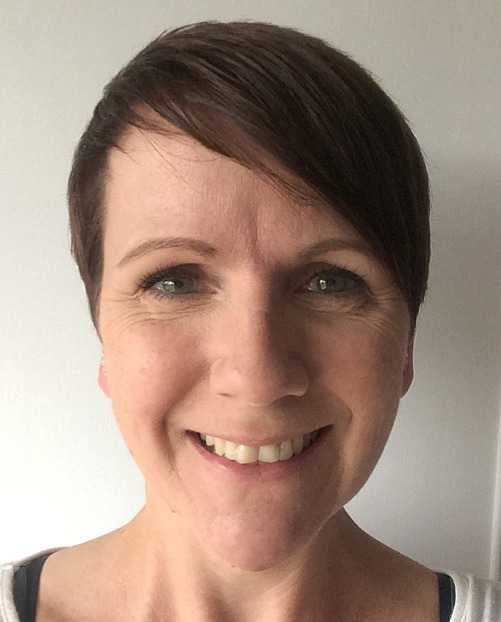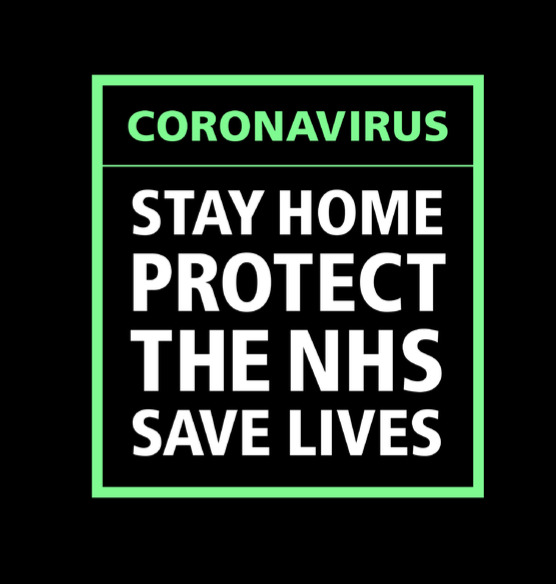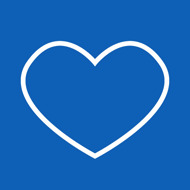I am a therapeutic radiographer. Every day I greet my patients with a smile that is friendly, welcoming and comforting. Its intent is to put them at ease, allay or lessen fears and anxieties, and offer reassurance that they’re in safe hands. It’s a smile that regularly hides tiredness, frustrations and low moods because these are my issues, not theirs. For the time these people are in my company, they are my sole focus. Nothing else matters but them and my smile.
 In a world where coronavirus is still spreading, radiotherapy has had to change though. Direct, physical contact is a necessity to my role, making government-instructed social distancing an impossibility. To do what I need to do, there can be no distance between me and my patient. And so PPE has become my armour; the barrier that allows me to lean over, to reach across, to twist and to reposition without the fear that I’m contributing to the spread of something that could potentially do worse than the disease they’re already dealing with. It makes things feel less personal though. And my smile can no longer be seen, hidden instead by a mask that is all at once necessary, protective and stifling.
In a world where coronavirus is still spreading, radiotherapy has had to change though. Direct, physical contact is a necessity to my role, making government-instructed social distancing an impossibility. To do what I need to do, there can be no distance between me and my patient. And so PPE has become my armour; the barrier that allows me to lean over, to reach across, to twist and to reposition without the fear that I’m contributing to the spread of something that could potentially do worse than the disease they’re already dealing with. It makes things feel less personal though. And my smile can no longer be seen, hidden instead by a mask that is all at once necessary, protective and stifling.
Without the visible presence of my smile, I’m having to turn to other tools in my reassurance toolkit. Words still work. A comforting comment, a passing question, a kind remark, a gentle suggestion or a shared joke all help, but without the accompanying facial expression I wonder whether they hit the mark. A reassuring hand on a shoulder, albeit now gloved, still does its bit too. But it’s the eyes that are doing the hard work now, conveying everything my smile once did. They have to sparkle, glisten, console, soothe and comfort. They have to smile!
Easy, you’d think. Not quite. While a smile can cover a multitude of emotions, it’s true what they say: the eyes don’t lie! I’ve seen it the eyes of my patients, who are also now being asked to wear masks while in the department. Their fears and anxieties are more evident than ever, their frustration at the world is unavoidable and equally their thanks that there are still people doing their job to rid them of cancer is inescapable. So if I can see this in their eyes, what can they read in mine?
Can they tell that I hate the mask I’m wearing? That after an hour with it on, the elastic is digging in, it feels hard to breathe and the thought of keeping it on for another hour or two fills me with dread?
Can they make out that I’m shattered? That the addition of PPE, remembering how and when to doff and don it correctly, makes the working day more arduous? That I’ve had another bad night’s sleep, waking up to thoughts of how the friends and family I only see on a small iPhone screen are actually doing?
Are they able to spot my frustration at the people still ignoring government instructions, the groups hanging out thinking coronavirus doesn’t affect them, the people hitting the road in their cars with nowhere essential to go and those thinking a sunny day is good enough reason to relax adherence to the rules?
Do they see that I’m worried about them? That even though their trip for radiotherapy treatment is deemed essential it is a journey that may expose them to the very virus we’re so desperately trying to protect them from?
Can they read the fear I have for my NHS colleagues on the COVID-19 frontline who, in their daily battle to save lives, are putting their own in danger? And can they see the tears I want to shed for the lives already lost?
I hope not. They don’t need to see these things when they have so many concerns of their own. These are my worries. So I pray that the day when all this is over comes soon and I look forward to a return to radiotherapy normality when the mask can come off and my smile can be seen again.
Latest NHS advice on coronavirus (COVID-19) ,Here



